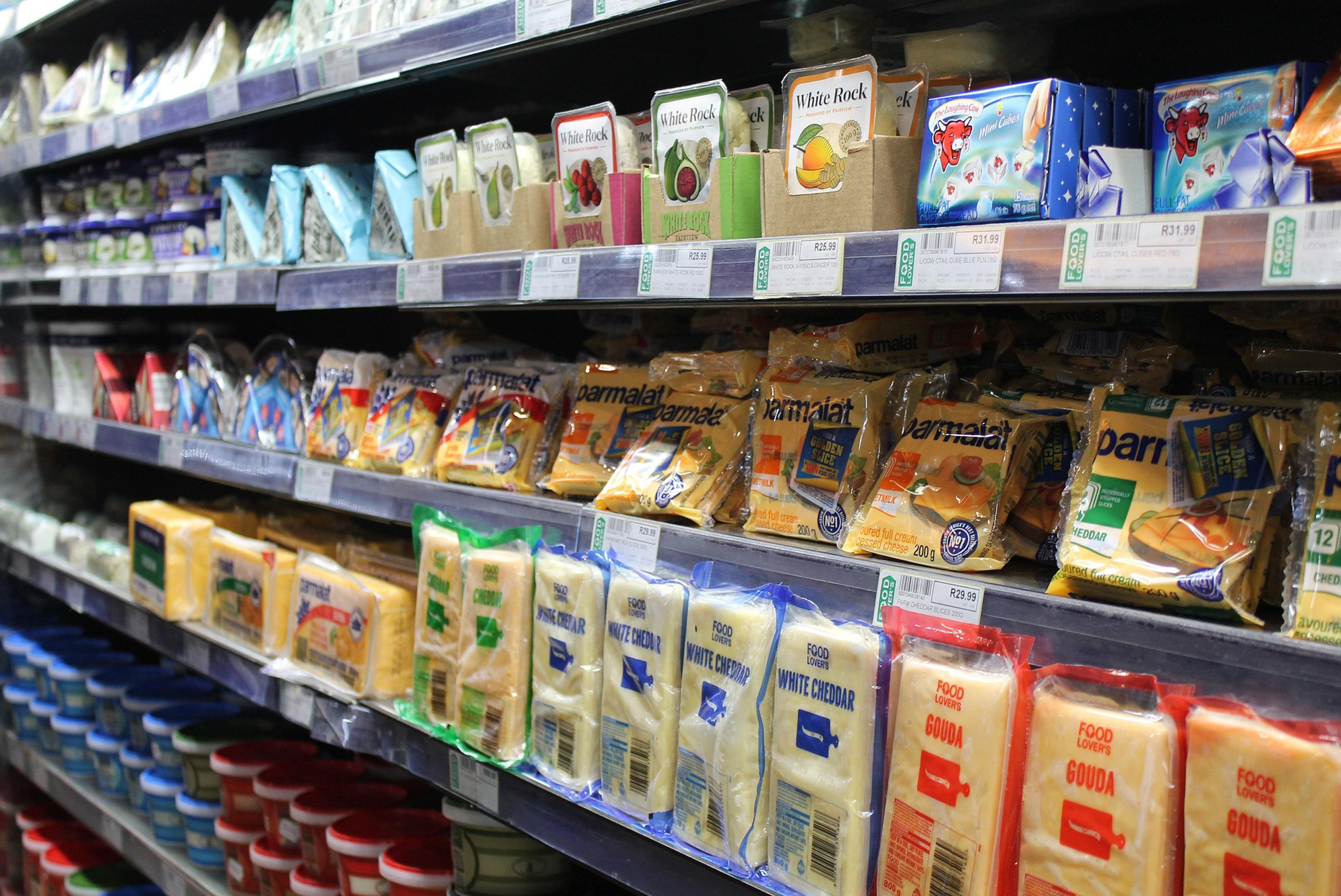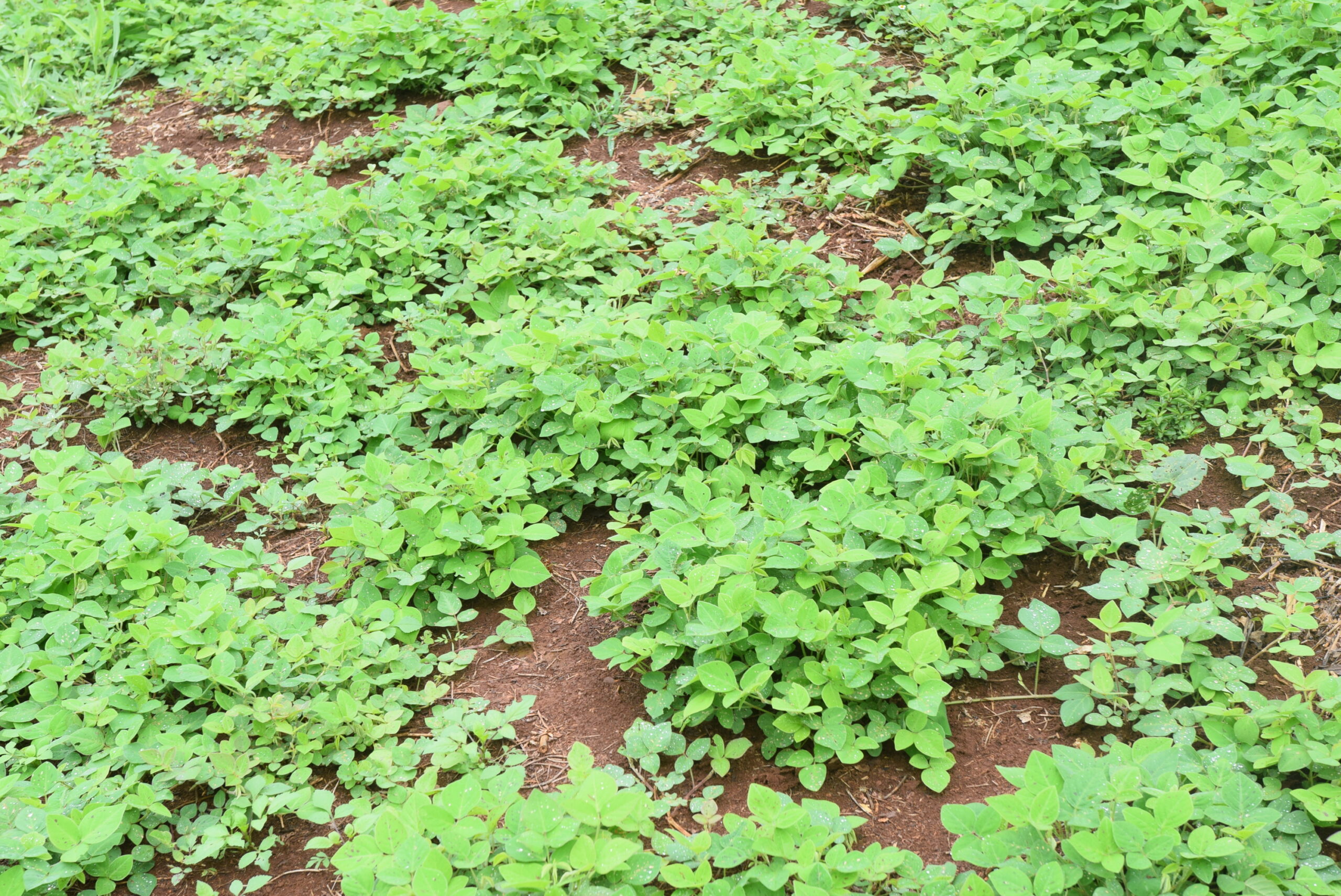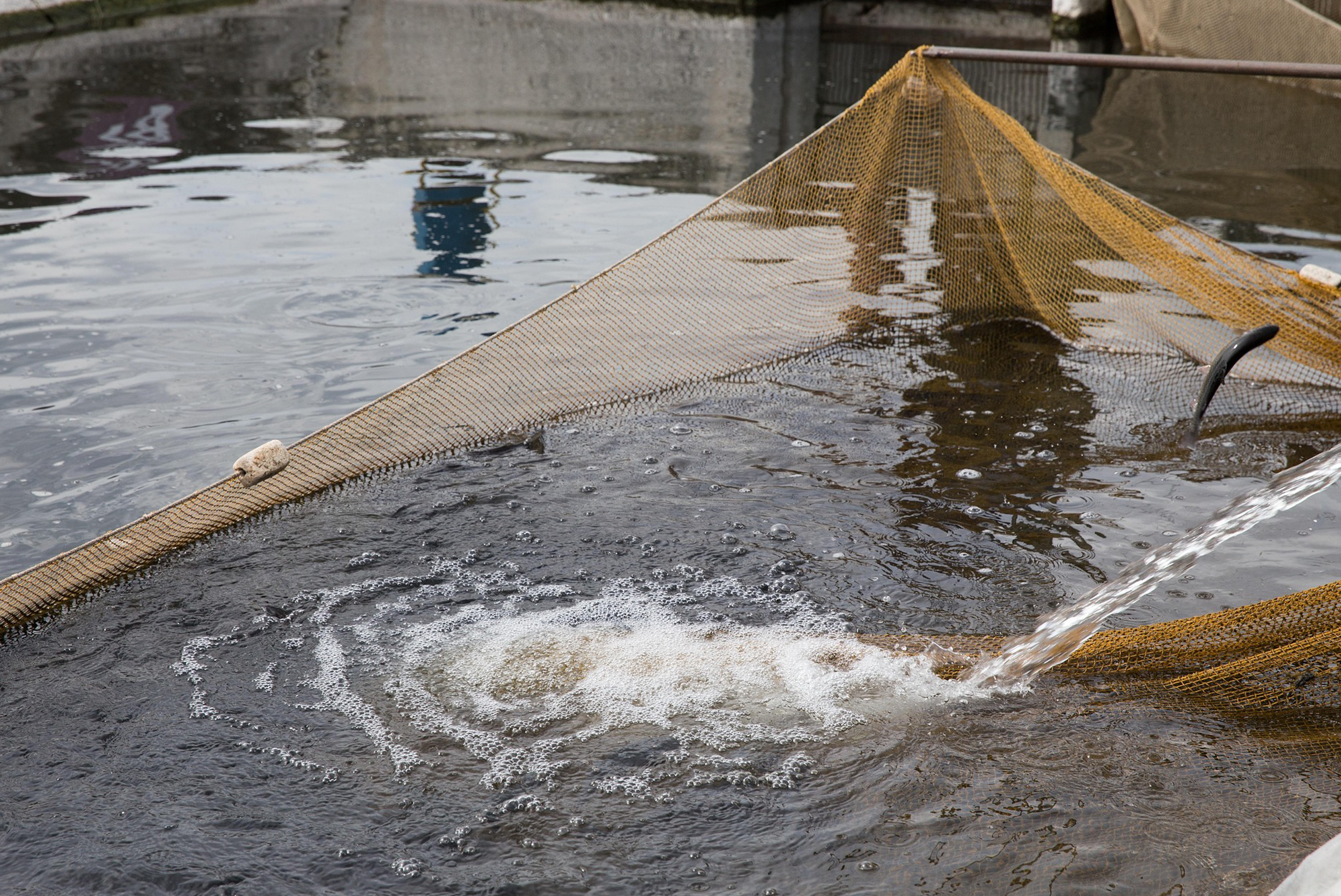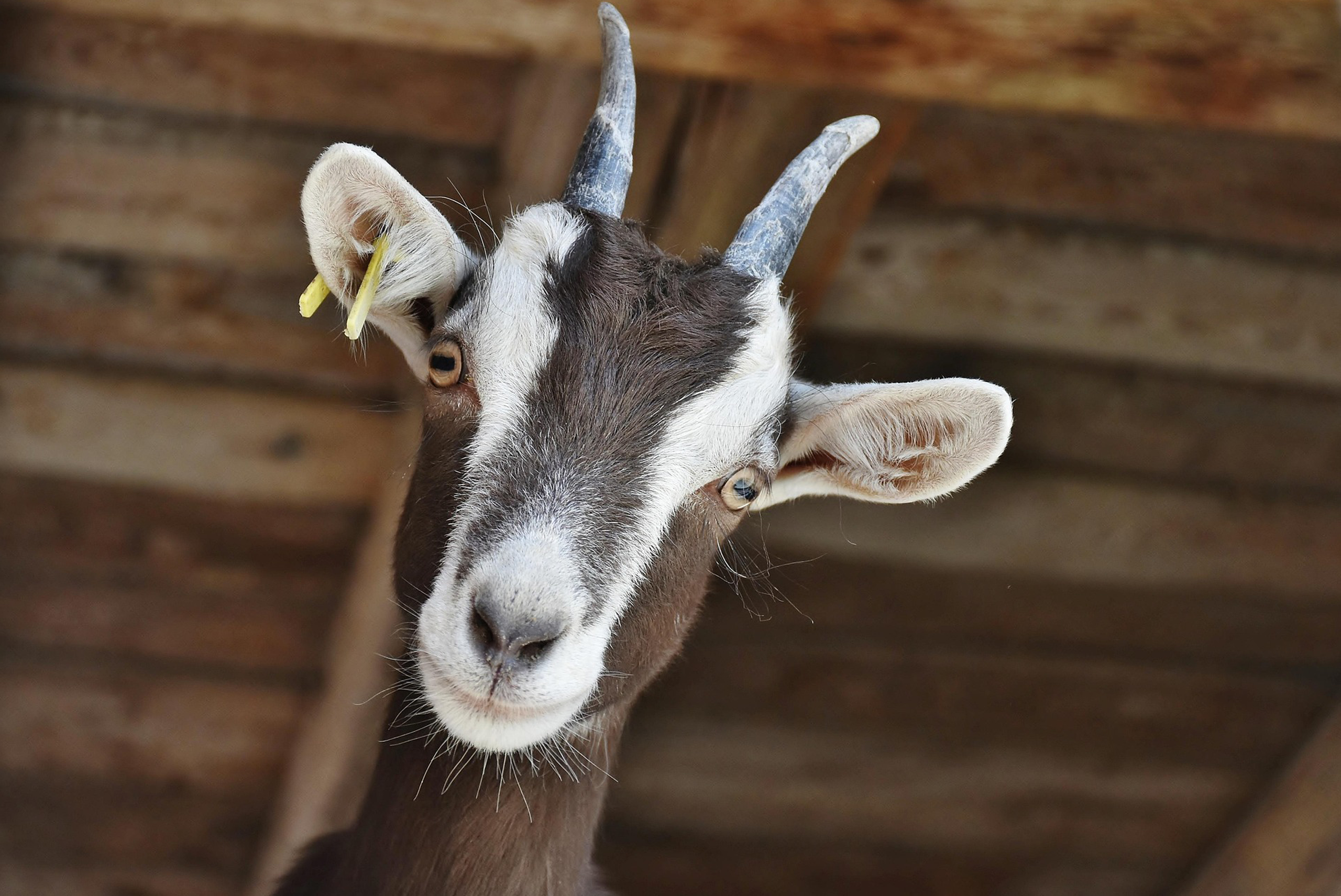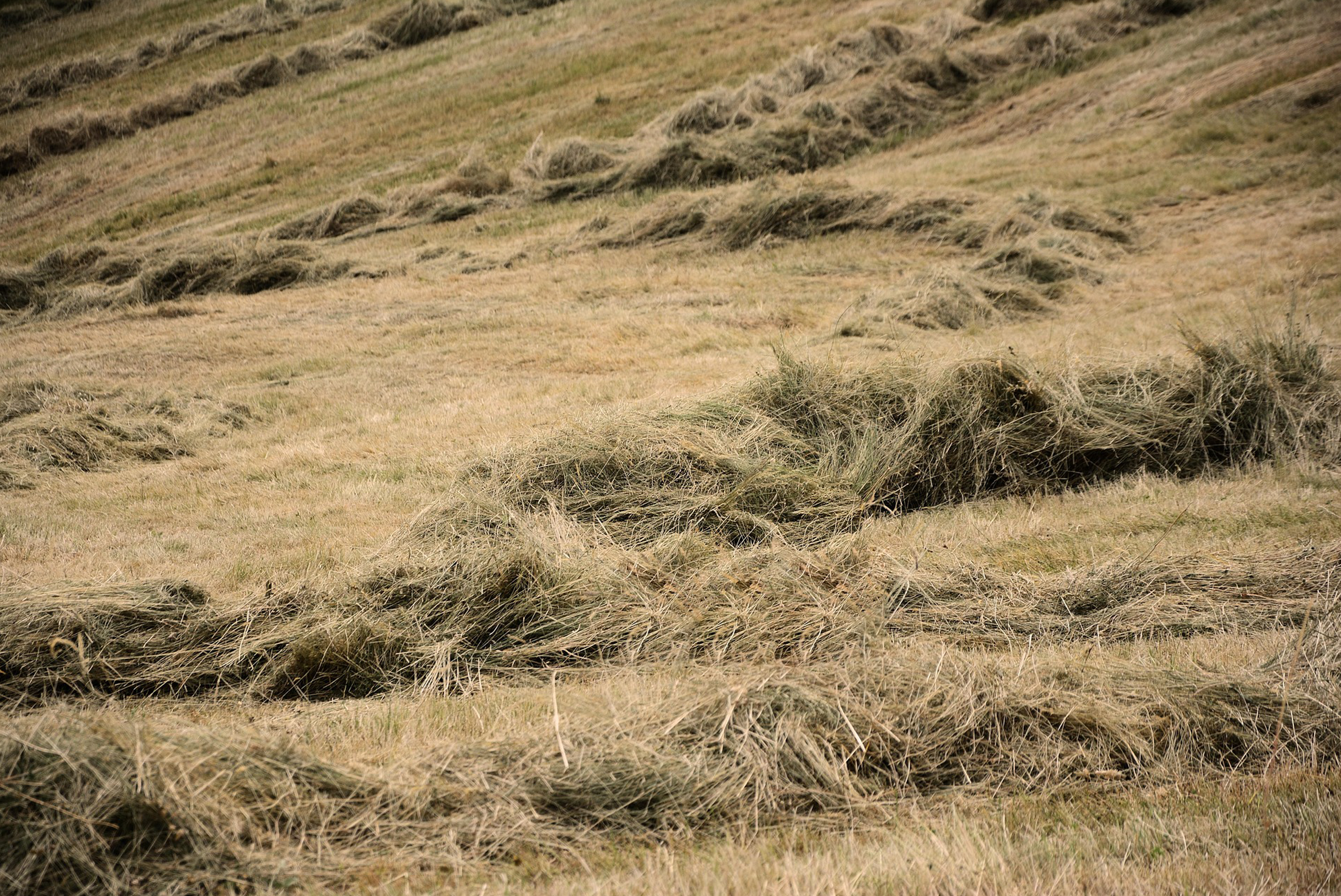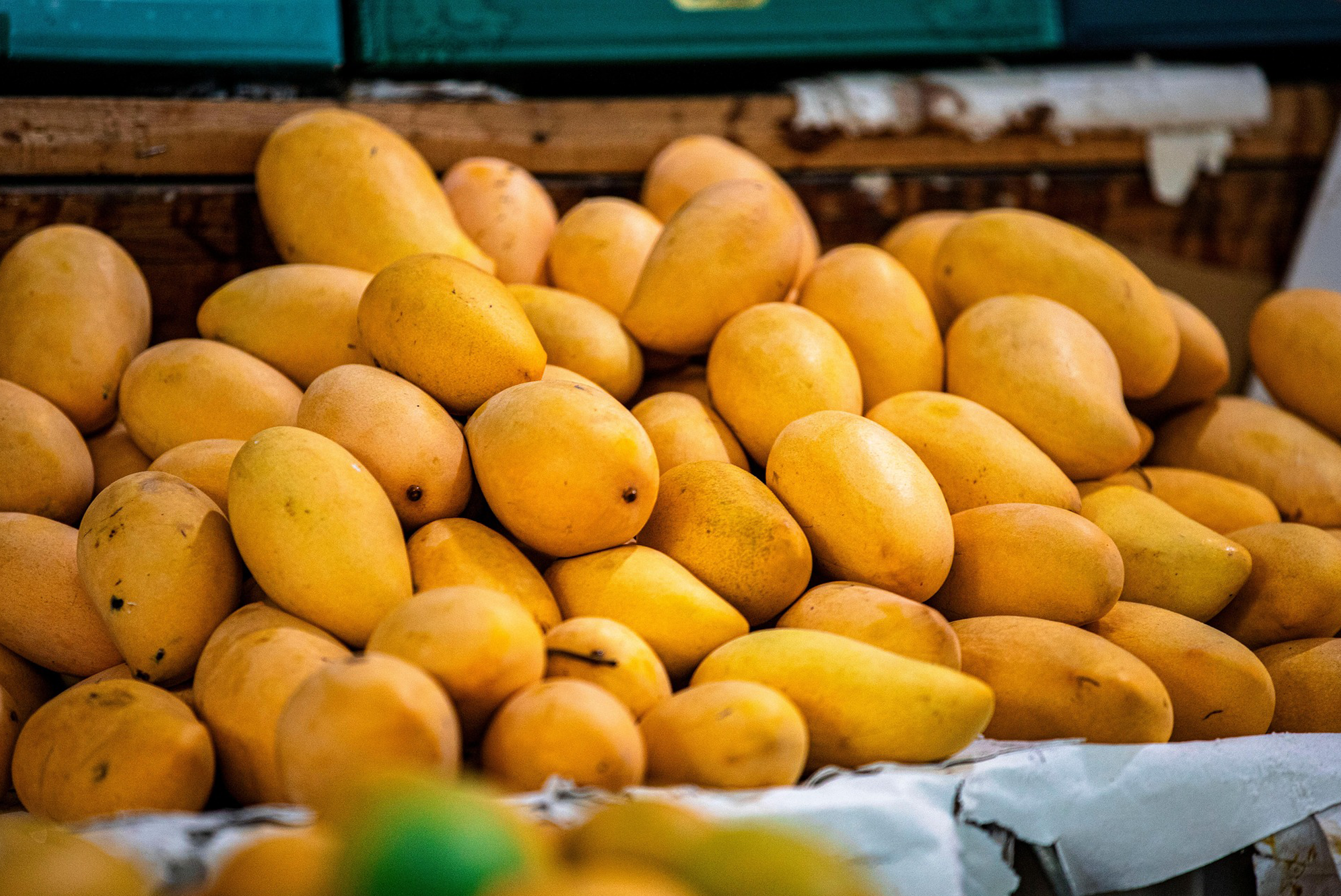Sustainable Food Systems (Climate Adaptation and Resilience)
Project plan on landscaping, selection and shortlisting potential dairy farmers, co-ops and unions to increase milk supply
The primary purpose of the project is to increase the efficiency and milk supply of Lamme Dairy by strengthening dairy cooperatives and enhancing their role in milk collection and distribution. The major goal is to build a network of effective dairy cooperatives connected to 50,000 smallholder farmers. Deliverables include:
Socioeconomic analysis of smallholder dairy farmers and cooperatives.
Verified list of active dairy cooperatives with detailed assessments and data bases.
List of Identified high-potential cooperatives.
A capacity development plan for cooperative staff, cooperative leaders and farmer training

